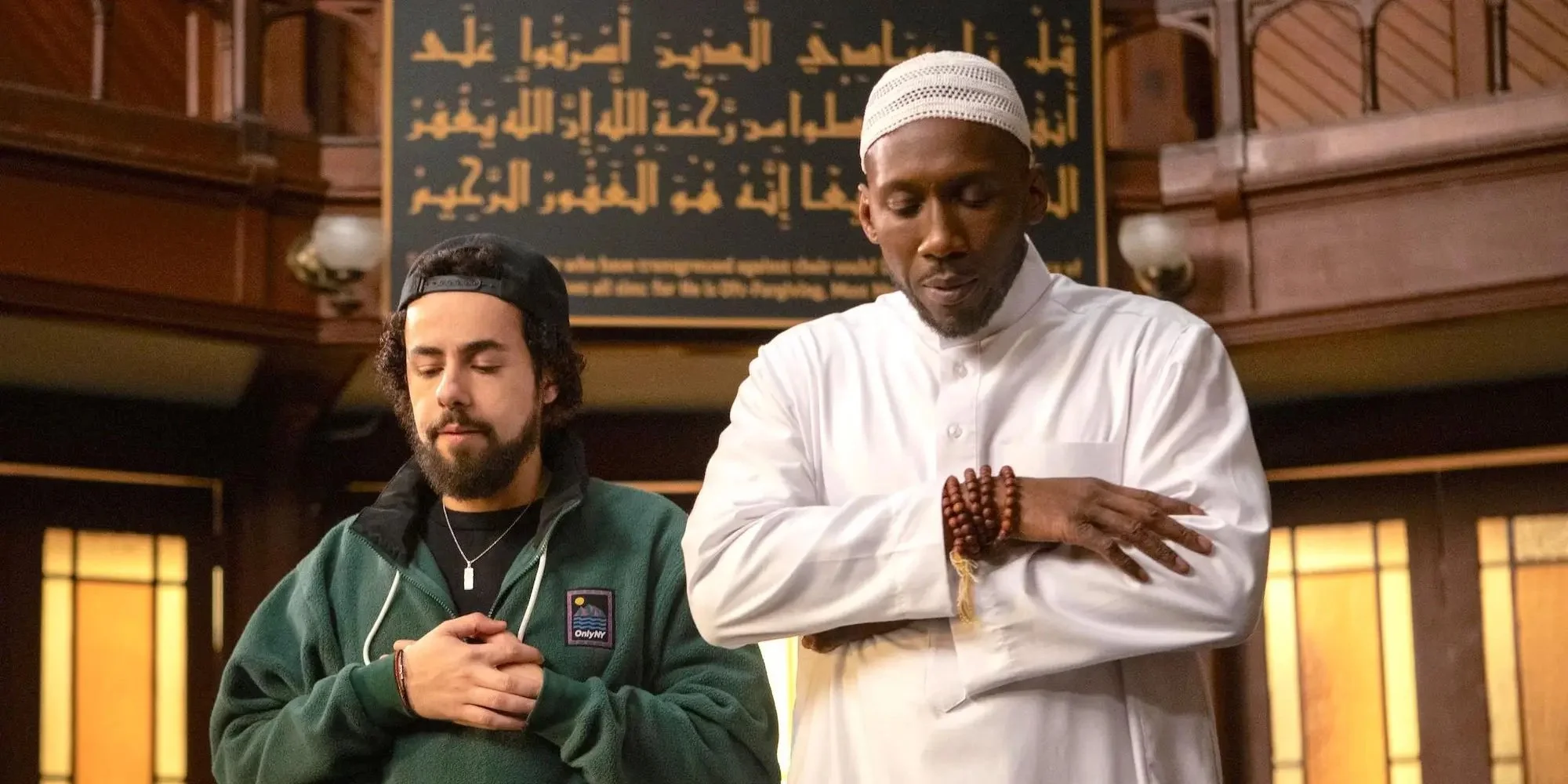My work draws on conflict studies, urban planning, and critical histories of development to explore how imperial and national security regimes shape the institutions of spatial and land planning. My current book project builds on my PhD dissertation to explore the colonial genealogies of Moroccan land management institutions, the extent to which they have been shaped by the military logics of the French protectorate regime in the early 20th century, and their impact on Morocco’s development trajectory.
I am an interdiscplinary scholar, a creative writer, and a Lecturer (Assistant Professor) of International Development at King’s College London.
I received my PhD in International Development and Planning from the Massachusetts Institute of Technology (MIT) in 2023 and completed a postdoctoral fellowship at the Weatherhead Center for International Affairs at Harvard University in 2024. I also hold an MSc in Population and Development from the London School of Economics and Political Science (LSE) and a BA in Political Science and Journalism from the American University in Cairo (AUC). Prior to MIT, I was a development practitioner at a number of local and international non-profit organizations based in Cairo, including Misr El Kheir Foundation and UNICEF Egypt.
Research
Elgamal, A. (2024). Towards theorizing from the Arab non-periphery: Hyphenated identities and the boundless security field. Security Dialogue 55(2): 125-141.
Elgamal, A. (2018). New Urban Worlds: Inhabiting Dissonant Times by Simone, AbdouMaliq and Edgar Pieterse. Journal of Education Planning and Research (1-2). (Book review)
Elgamal, A. Futures made in the past: Bureaucratic territorialization and the manufacturing of property in Morocco. Manuscript in progress.
Publications and Working Papers
PhD Dissertation
My PhD dissertation investigates the historical and contemporary relationships between security, development and planning through the lens of collective land tenure in Morocco. Weaving a historical narrative that traces the legal and bureaucratic institutions of Moroccan land management to their colonial roots, I argue that development planning is a form of risk management in which a territorialized understanding of culture – including the relationships of subject populations to their land – is constructed as risk. The title of the dissertation, “Landing Security,” refers to land not as an object or a noun, but as a verb capable of transforming relationships and pacifying the violence of state-building and development.
Writing





